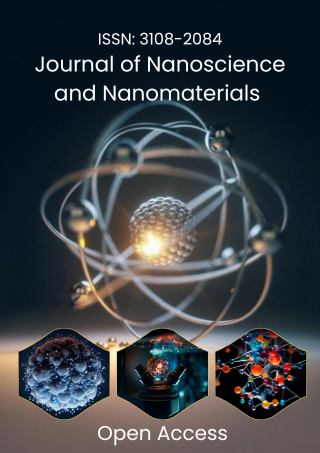Nanomaterials for Water Purification
Nanomaterials have emerged as powerful tools in advancing water purification technologies due to their high surface area, reactivity, and tunable physical and chemical properties. Materials such as carbon nanotubes, graphene oxide, metal oxide nanoparticles (e.g., TiO₂, ZnO), and silver or iron-based nanomaterials offer enhanced adsorption, photocatalytic degradation, and antimicrobial capabilities. These properties enable the efficient removal of contaminants, including heavy metals, organic pollutants, dyes, and pathogenic microorganisms from water sources. Nanomembranes and nanocomposite filters further improve filtration efficiency and durability while reducing energy consumption. As global demand for clean and safe water continues to rise, nanotechnology offers scalable, cost-effective, and sustainable solutions to address water scarcity and pollution challenges. Ongoing research is focused on improving the environmental safety, recyclability, and real-world applicability of nanomaterials to ensure their responsible integration into water treatment systems.
Article Processing Timeline
| 2-5 Days | Initial Quality & Plagiarism Check |
| 15 Days |
Peer Review Feedback |
| 85% | Acceptance Rate (after peer review) |
| 30-45 Days | Total article processing time |
Journal Flyer


